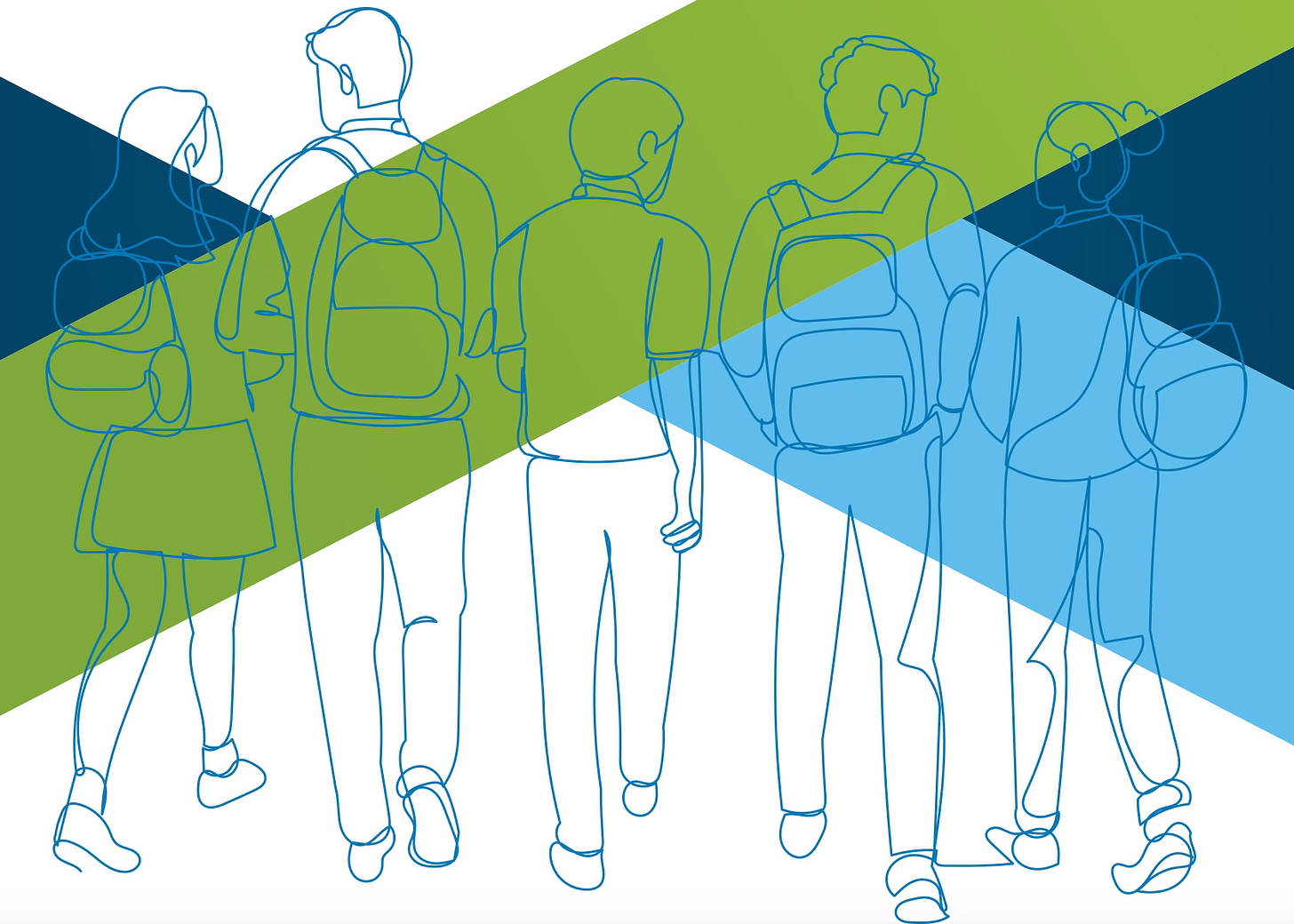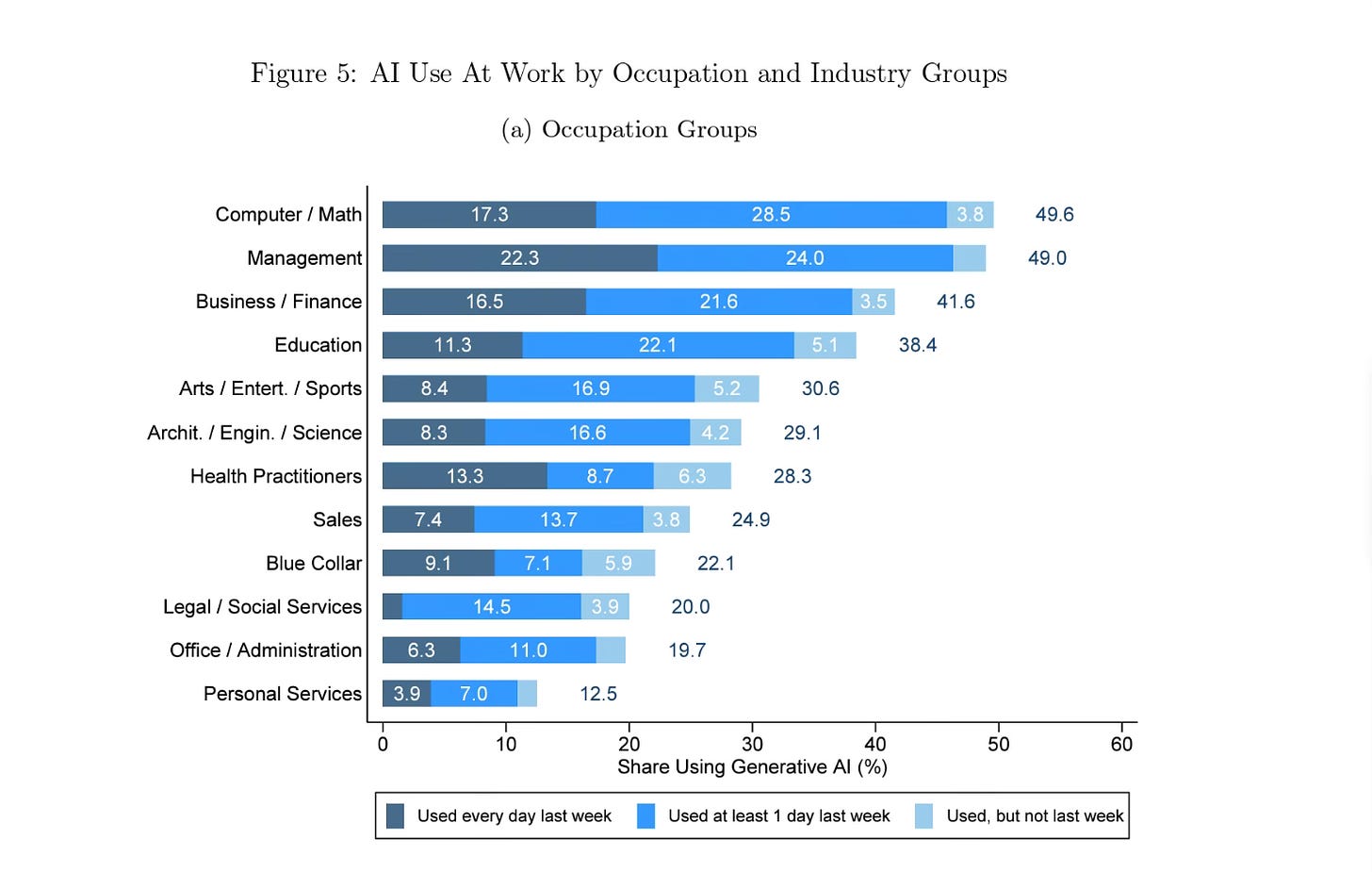This article was written and Published by Robin Lake— September 29, 2024

Fall, and the start of the school year, is always a good time to take stock of what students and families need, and whether we (as the collective of the policy, research, and innovation industries and philanthropy community) are doing enough to meet those needs.
My organization’s annual State of the American Student report attempts to lay that all out, especially in light of the historic educational impacts on youth from the Covid-19 pandemic. It’s always sobering to see the data on learning loss, mental health, absenteeism, etc., all put together. But this year, I was most concerned by three things: 1) we are not doing nearly enough to make kids whole; 2) the youngest students (Covid babies) are still entering the K-12 system far behind academically and socially; and 3) the most vulnerable students (English learners, students with disabilities, students experiencing homelessness, etc.) have experienced profound disruptions in therapies and supports, and their parents report a broken system of low expectations, lack of transparency, and “ghosting” from overwhelmed and understaffed school personnel.
This cannot go on. But it will if we don’t find new paths forward to scale evidence-based solutions like tutoring, literacy and math instruction, and extended learning time. Many will argue that AI and other technologies are a distraction from those solutions. I say they may be an essential element to what is obviously a fundamentally broken delivery model.
You can read our findings in the report, but be warned: it is long! The picture is complex and warrants a detailed look. For those of you who want to get a quick overview, you can read the executive summary or listen to the podcast I created for you using NotebookLM! This AI-generated podcast does go a little off script in a few places (for example, it made up a recommendation for more funding). However, I was impressed by how well it captured the core concepts of our report. Take a listen, read the report, too, and see what you think!
Emerging Tools for Complex Learners
I’ve written previously about some of the new AI tools in special education, but I’ve come across a lot of cool resources recently, which I think speaks to how AI may be starting to help educators better meet the needs of complex learners.
Here are some good top line overviews about how AI can help support bilingual education and special education. This in-depth look at special education and AI by CIDDL has smart considerations for research and policy.
You can dig deeper if you want by looking at Magic School’s use cases for special ed teachers, including AI-written IEPs, accommodation suggestions, text levelers etc. Or you can take a look at which AI tools special ed teachers are recommending. We’re creating a database of early adopter school districts and will share examples soon of how these tools being adopted systemically.
And by all means, please take a look at the emerging research base (which we need much more of). One recent (2023) and oft-cited study found that AI-mediated instruction improved English learning achievement, motivation, and self-regulated learning. This new federally funded study of how GenAI can support English learners’ reading skills will be an important one to watch.
The Chairman of Special Olympics penned a recent article for Time arguing whether or not AI helps or harms people with intellectual and developmental disabilities will depend on the actions educators take in the coming year. He cites findings from a study by the Special Olympics Global Center for Inclusion in Education on parent, student, and educator attitudes toward AI.
The survey shows that 64% of educators and 77% of parents of students with intellectual and developmental disabilities view AI as a potentially powerful tool to promote more inclusive learning. However, these views are dependent on teachers being properly trained, AI using inclusive data models, and educators being a part of the design and development process. We are a long way from that reality.
Of course, bias and accessibility are also significant concerns when it comes to AI tools and complex learners. Tools that are trained on data for typical learners are probably not going to be especially helpful for students with atypical learning needs, and privacy is a concern for IEP and other tools that work with sensitive student data. This policy guide from New America and Educating All Learners Alliance is a great primer on the issues. More research is needed on that front as well, and investment in intentional design and testing of AI tools for complex learners should be a priority investment for federal and philanthropic R&D funds.
Important New Research, Writings, and Resources
The first nationally representative survey of GenAI adoption in the workplace (authored by an impressive group of researchers) shows that AI is being adopted at a faster pace than PCs or the internet. Education ranked the 4th-highest sector in overall usage. Goes to show, we cannot ignore AI in education. It’s here.

Source: “The Rapid Adoption of Generative AI,” by Alexander Bick, Adam Bland, and David J. Deming (NBER Working Paper, September 18, 2024)
John Bailey wrote a chilling article about what happens when AI hallucination becomes deception. John rightly warns that these issues are serious and warrant more research and attention.
Bellwether, an education consulting group, released a very helpful landscape map and guide on the major foundations, applications, and use cases around AI in education.
Food for Thought
A tech reporter at the Wall Street Journal built a bot to replace herself. It went a little haywire (and it was insanely expensive).
Students are reading less in higher education, and AI is facilitating that, like Cliff Notes on steroids.
Final Words
“The decisions that school leaders make in the next academic year are likely to determine whether this technological wave creates more inclusive learning environments, or exacerbates existing disparities.”
— Timothy Shriver, Ph.D., Chairman of Special Olympics, for Time